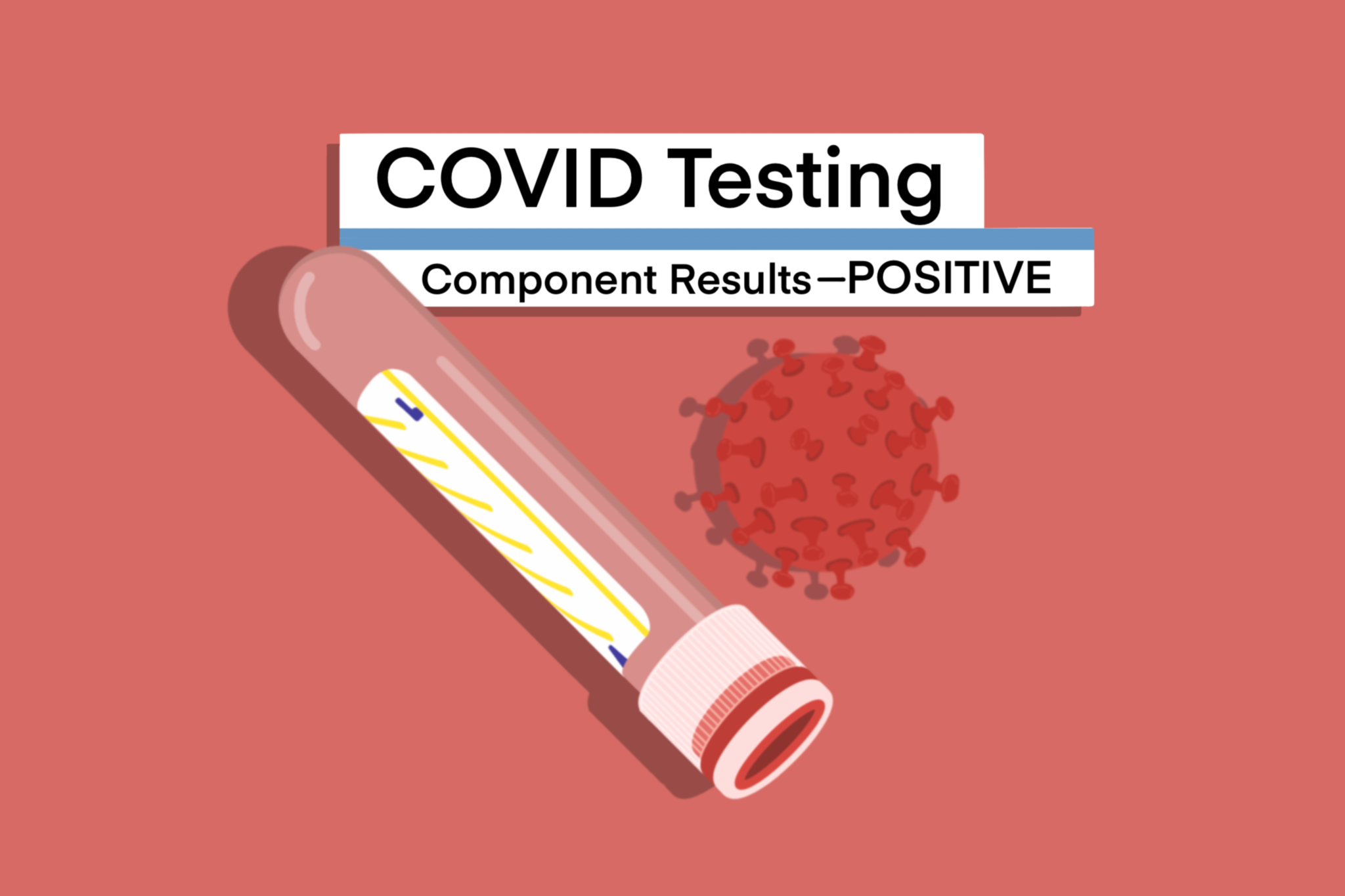SPH student advocates for COVID-19 screening in K-12 schools nationwide
A student at the Yale School of Public Health is working in collaboration with the U.S. government to support COVID-19 screening programs nationwide.

Zoe Berg, Photo Editor
Steph Tan SPH ’23 is working to assist the U.S. government with COVID-19 screening programs in K-12 schools nationwide.
As part of an initiative led by The Rockefeller Foundation, Tan is serving as a testing operations specialist on a panel advising on the setup of COVID-19 screening in K-12 schools nationwide. This initiative is in conjunction with the Centers for Disease Control and Prevention and the Department of Education. It is part of the COVID-19 Action Plan announced on Oct. 29 by the White House, which also included the allocation of $10 billion to COVID-19 screening for schools.
“We’ve been having twice weekly meetings with school and district leaders from all across the country, and we develop bipartisan solutions and approaches to testing,” Tan said. “They will vary greatly depending on where people are located, the vaccination status of different locations and the school’s resources.”
These meetings, which Tan described as a learning network, started in the beginning of November and will run through the end of December. Some of the committee’s work includes advising leaders on how to use different sources of funding to implement testing methods.
In her role on the panel, Tan said that she focuses on supporting testing operations. One example would include managing close contact tracing and testing without implementing individual quarantines.
This position is not Tan’s first time advising a national government on COVID-19 testing policies, as she previously worked to encourage policymakers in her home country of New Zealand to adopt saliva testing.
According to epidemiology professor Albert Ko, there are several advantages offered by saliva based testing.
“It’s easy to produce: you don’t have to have all of the equipment and cost of nasal swabs, and [there’s] less discomfort,” he said.
Ko added that saliva testing will be especially important as the population adapts to living with COVID-19 going forward, because it could simplify regular testing.
According to Tan, saliva tests are much less invasive than nasal swabbing. Although nasal tests are uncomfortable for everybody, she said that they are particularly difficult for the elderly and young children.
“You’re going to get low compliance if you offer only those invasive tests,” Tan said. “Then you get issues where people may lie about having their test, or people are just not wanting to get it in general and then we have a lot of outbreaks because of that.”
Before Tan’s involvement, she said that New Zealand only offered nasopharyngeal swabs — or nasal swabs — and that many symptomatic individuals were not getting tested.
Around this time, Tan said that she came across work by Anne Wyllie, associate research scientist in epidemiology at the Yale School of Public Health, on the development of SalivaDirect, a saliva testing protocol for COVID-19. Noticing that they were both from New Zealand, she reached out to Wyllie to propose collaborating on implementing SalivaDirect in their home country.
Although there are several saliva tests available, Tan explained that SalivaDirect is unique in that it is a Food and Drug Administration-approved testing protocol. With this approval, the method can be used with different saliva-based tests in labs across the country.
Tan also emphasized that SalivaDirect is not commercialized. As a result, Yale does not receive any money, and the sole objective is to increase accessibility to COVID-19 testing.
Wyllie and Tan were initially met with skepticism from policymakers and had to work for several months to provide a large body of evidence. They were eventually able to prove that the testing method is more important than the saliva test itself, at which point they were able to convince the New Zealand government to implement saliva testing.
Tan hopes to remain involved in pandemic response in the future, and she is particularly interested in health equity in marginalized groups.
“Ideally, I would like to continue supporting the pandemic response in any way I can, whether that’s conducting epidemiological research and using those hard science skills that I have and also on the health policy side,” Tan said.
President Biden announced the COVID-19 Action Plan on Sep. 9, 2021.







